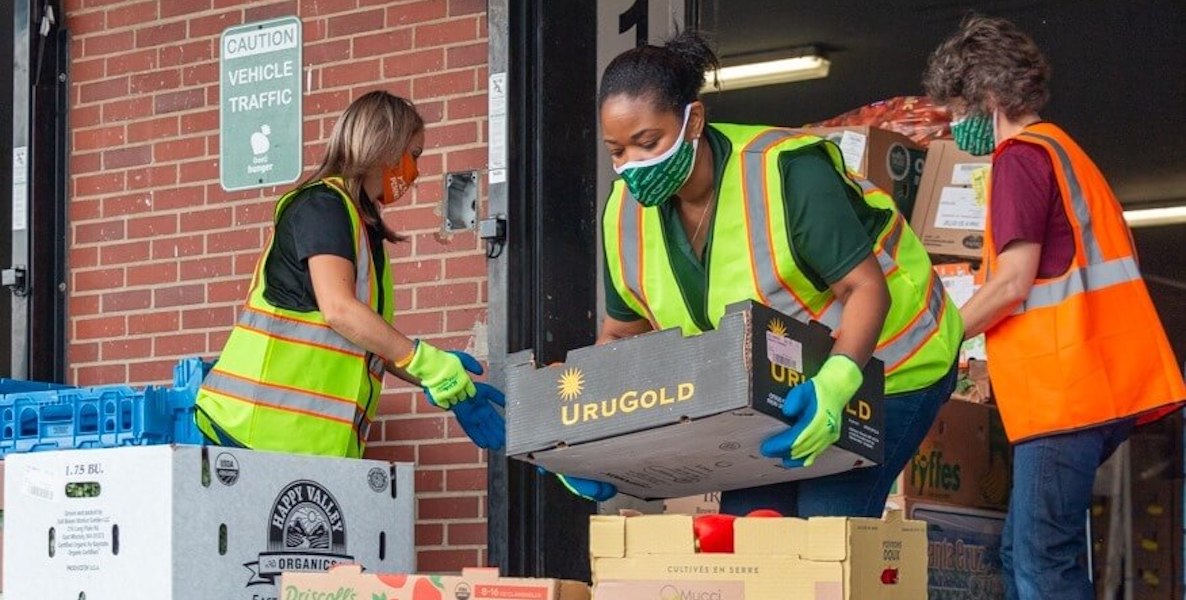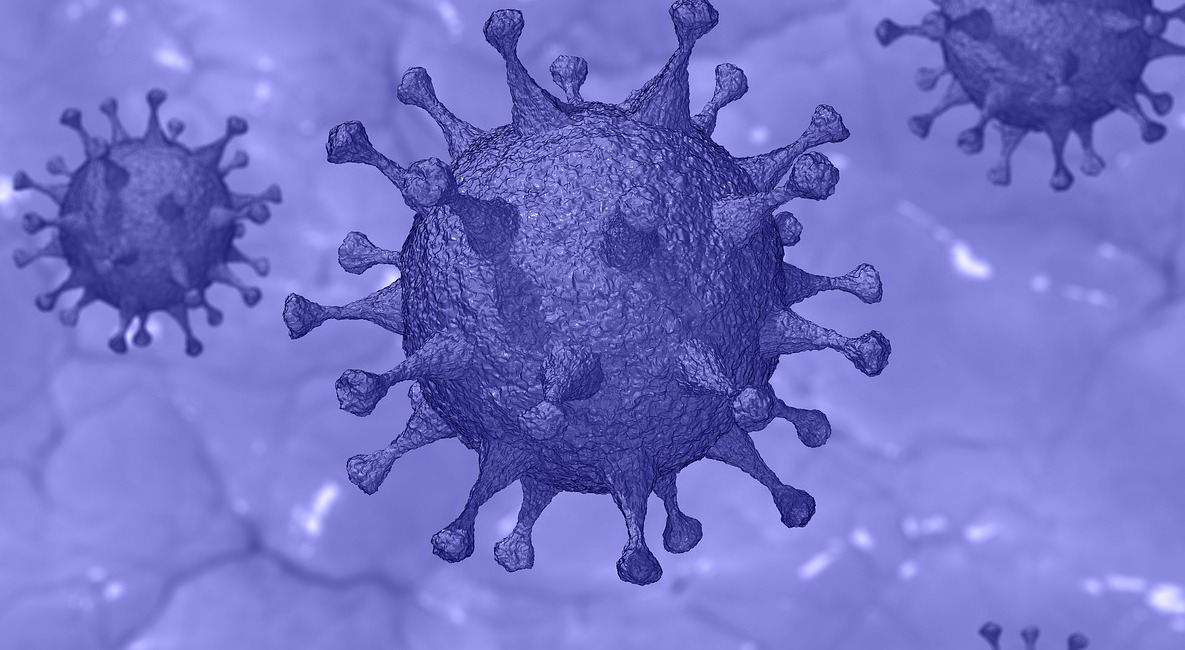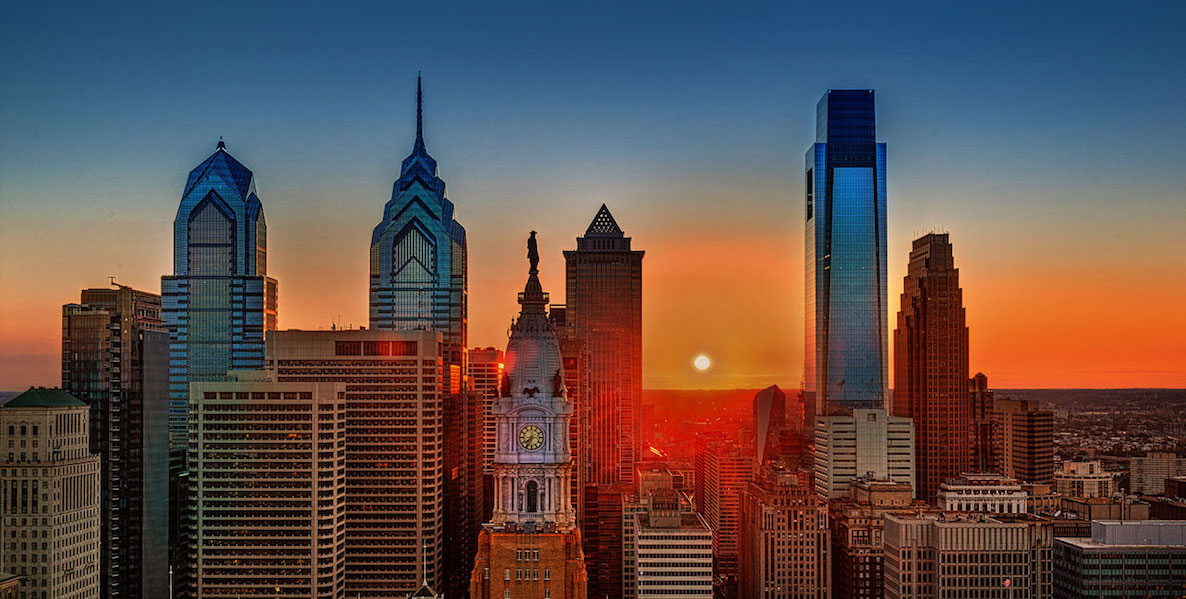![]() History is pockmarked with examples of what not to do during a pandemic like the coronavirus.
History is pockmarked with examples of what not to do during a pandemic like the coronavirus.
Amid the influenza pandemic a century ago, Philadelphia staged a patriotic parade down Broad Street, which exacerbated the outbreak—quickly filling all the city’s hospital beds. Thousands died in the following weeks.
While organizers canceled this weekend’s St. Patrick’s Day Parade, Philadelphia is vulnerable for another reason: poverty.
The novel coronavirus strikes with greater lethality among certain populations—the elderly and those with underlying health problems—while largely sparing the very young.
Chronic illnesses, like diabetes and asthma, are more prevalent among people living in poverty, and people without financial resources will have a tougher time enduring the economic turmoil and receiving the help they need during an outbreak.
“People with chronic illness are extremely susceptible to adverse outcomes from![]() COVID-19, so we fully expect to see that the disease itself will be more common in low-income populations, and it may be more difficult for those people to get health care that they need,” says Carolyn Cannuscio, a social epidemiologist and assistant professor at the University of Pennsylvania.
COVID-19, so we fully expect to see that the disease itself will be more common in low-income populations, and it may be more difficult for those people to get health care that they need,” says Carolyn Cannuscio, a social epidemiologist and assistant professor at the University of Pennsylvania.
About a quarter of Philadelphians live in poverty; half of those residents are in deep poverty, a figure that has remained stubbornly higher in Philadelphia than in any of the nation’s other big cities.
That dynamic creates new complications for public health officials seeking to mitigate the problems caused by coronavirus.
For instance, during flu epidemics, officials have shuttered schools, which has been successful in slowing the spread of infection so that patients don’t overwhelm medical facilities.
Cannuscio and other researchers found that just three days of school closures in Philadelphia would result in more than 400,000 missed meals.
In Philadelphia, closing the public schools would leave many thousands of children unfed. In a paper for the American Journal of Public Health, Cannuscio and other researchers found that just three days of school closures in Philadelphia would result in more than 400,000 missed meals.
Cannuscio thinks it is likely that Philadelphia will close its schools at some point, but officials will need to find a way to feed those students or they will go hungry. “There might be the possibility of keeping schools open as distribution sites for people to pick up meals and then leave,” she says.
![]() Cancelling this weekend’s parade was a wise move, Cannuscio says—she also advises steering clear of the Erin Express bar-hopping buses—but the Kenney administration also included some head-scratching advice to avoid crowds of more than 5,000 people.
Cancelling this weekend’s parade was a wise move, Cannuscio says—she also advises steering clear of the Erin Express bar-hopping buses—but the Kenney administration also included some head-scratching advice to avoid crowds of more than 5,000 people.
“I’m hoping that they will get very clear on their public health messaging, because that’s a terrible public health message. I want people to reconsider any social contact with people outside their homes,” Cannuscio says. “So no way I would attend an event with 50 people right now.”
The mayor’s office did not respond to a request for comment.
The spread of the disease, which the World Health Organization declared a pandemic on Wednesday, has disrupted global supply chains, and social distancing could also severely hamper local economic activity.
That could create a domino effect: As people shun hairdressers, restaurants and shops, those business owners could suffer financial losses that, in turn, could make them more vulnerable.
“We don’t want people thrown out, seeking shelter, during this time period,” says Gym. “We have to look out for one another. Crises like this require societies to come together and to shore up one another even more, not to retreat.”
Councilmember Helen Gym on Thursday proposed a resolution in favor of a moratorium on evictions, mortgage foreclosures, tax liens and utility shutoffs—the types of circumstances that hit people without money to pay the bills, and put them at greater peril during a pandemic.
“We don’t want people thrown out, seeking shelter, during this time period,” she says. “We have to look out for one another. Crises like this require societies to come together and to shore up one another even more, not to retreat.”
People without a home or food of their own cannot readily practice social distancing, and if they fall ill with COVID-19 it would be virtually impossible to self-quarantine to prevent the spread.
Gym is looking into what local officials could do to prevent evictions, and she also proposed new policies at the state and federal level.
Pennsylvania should restore the cash assistance welfare program, and federal immigration enforcement officials should stop conducting raids that could deter people from seeking medical attention out of fear that they will be arrested and deported, Gym says.
City officials should seek to enhance the paid-sick-leave program available to municipal workers and encourage private employers to do the same, Gym believes.
In the face of the pandemic, President Trump has opted to impose greater travel ![]() restrictions—even though the disease is already spreading within the United States. Democrats in Congress are putting together a bill to mandate free coronavirus testing, establish a temporary paid-sick-leave program, and enhance unemployment assistance and food aid.
restrictions—even though the disease is already spreading within the United States. Democrats in Congress are putting together a bill to mandate free coronavirus testing, establish a temporary paid-sick-leave program, and enhance unemployment assistance and food aid.
While people living in poverty are at greater risk during the pandemic, there is also another population in even worse shape to weather the coming storm. Regular drug users, who often have chronic health problems and need to interact with dealers to maintain their addiction, are in a very vulnerable spot.
“For our friends and loved ones who are suffering from addiction, this is a very scary time,” says Cannuscio. She said many people suffering from drug addiction are also “coping with unbearable trauma” and the coronavirus pandemic could create more trauma, and impose added burdens on anyone with mental illness.
The Citizen is one of 20 news organizations producing Broke in Philly, a collaborative reporting project on solutions to poverty and the city’s push towards economic justice. Follow the project on Twitter @BrokeInPhilly.






